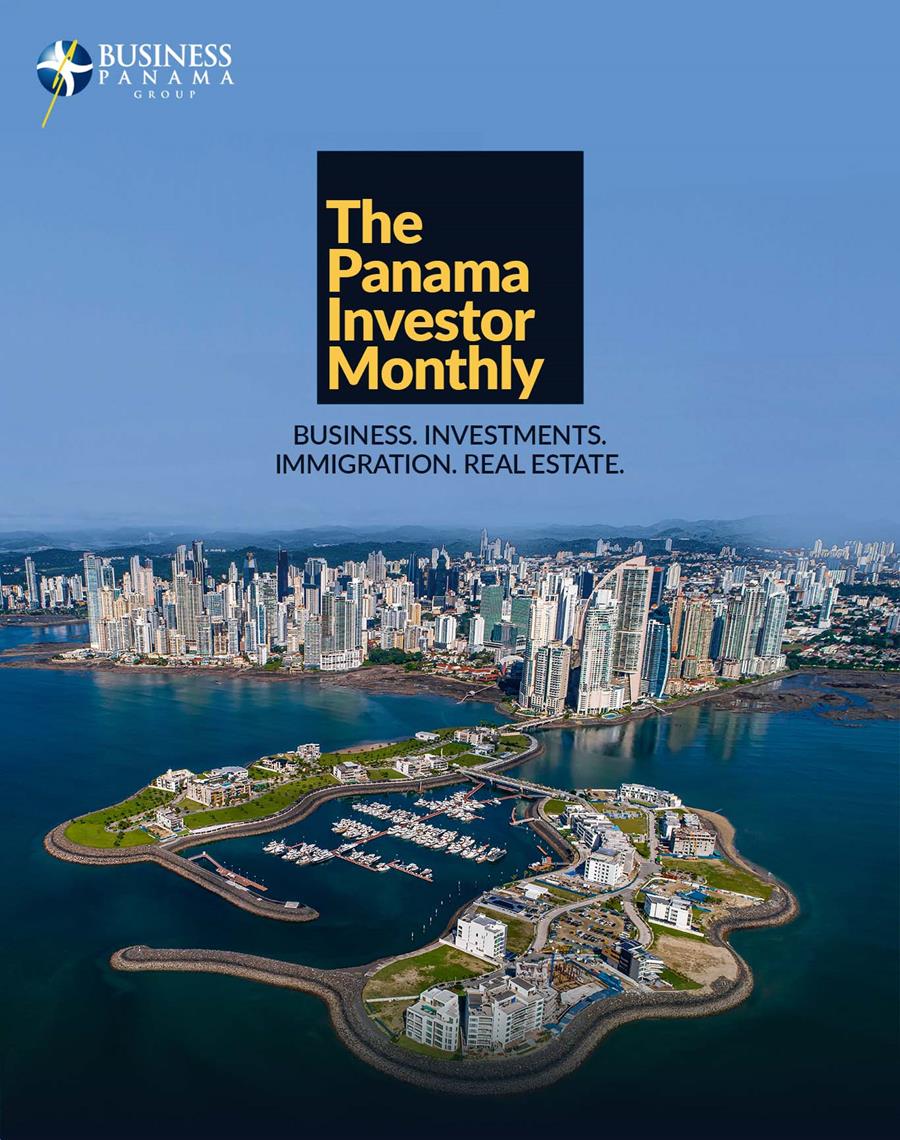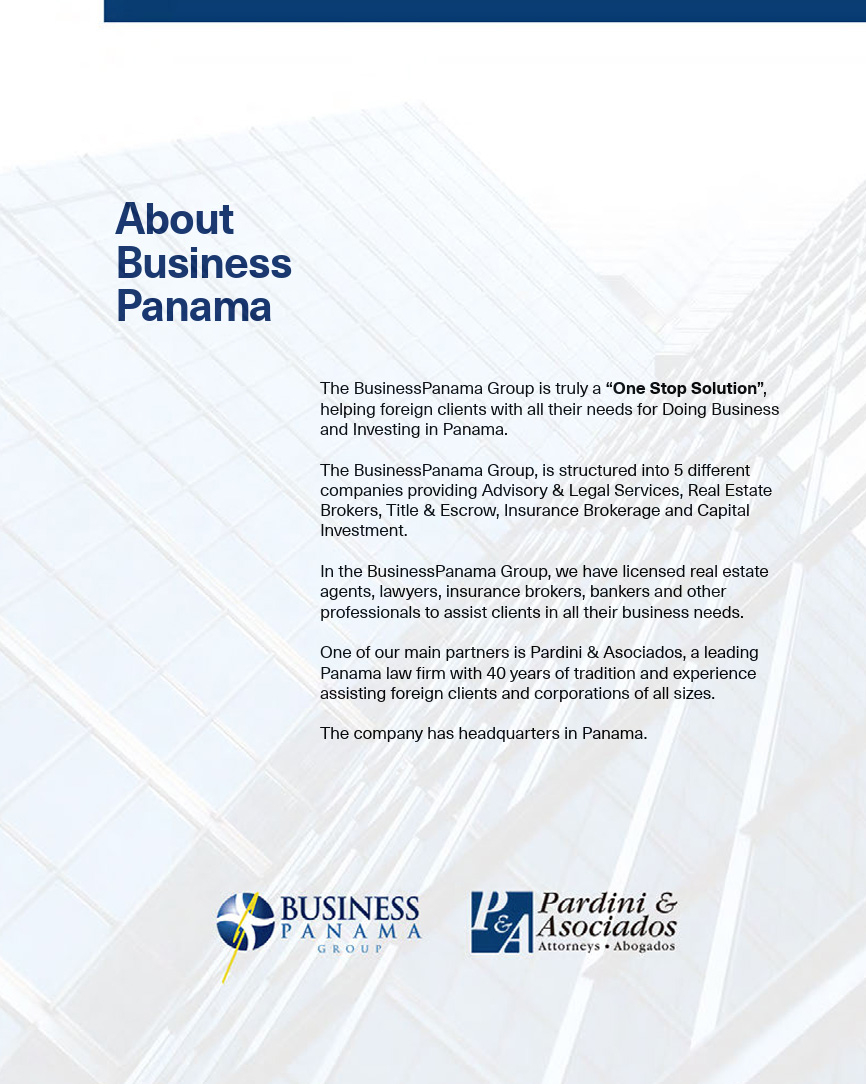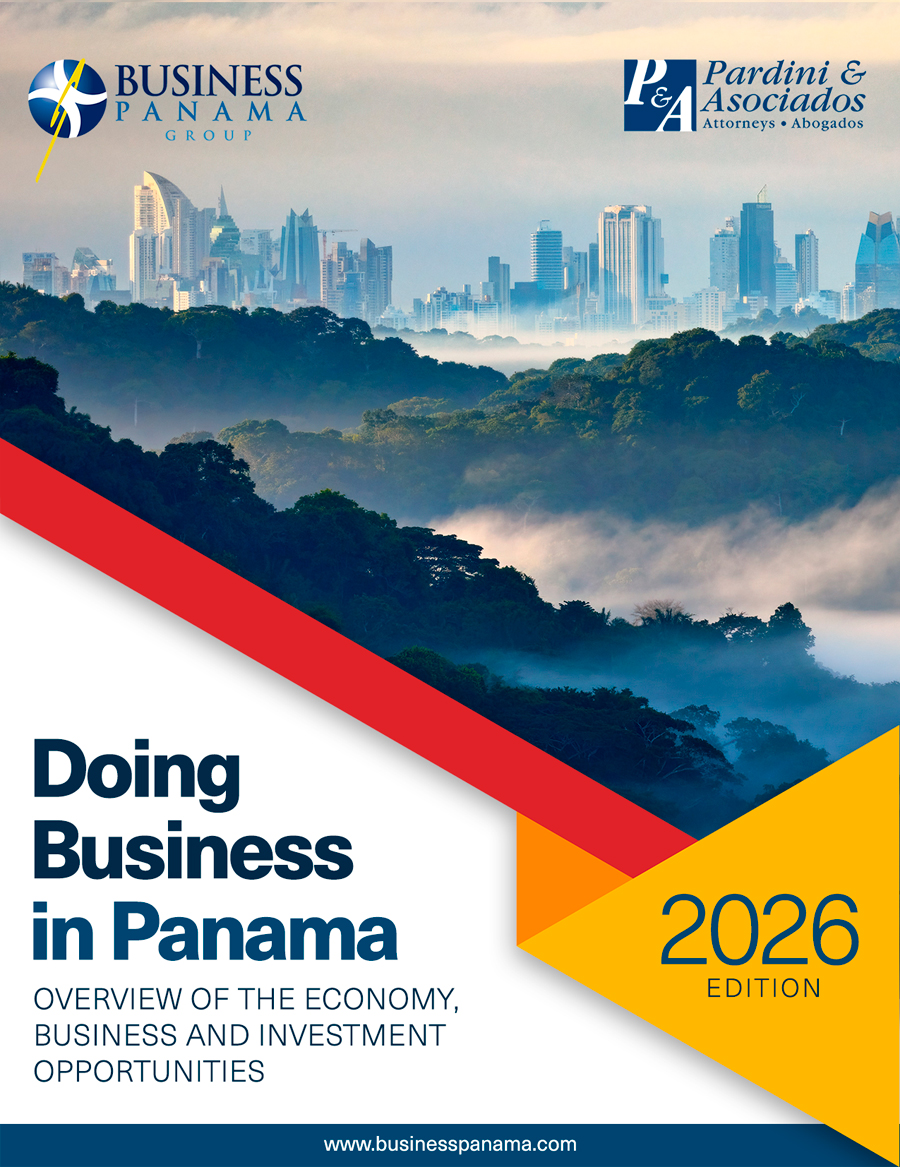
Page Not Found
The page /banco-suizo-ubs-panama-sigue-siendo-atractivo-para-invertir-pese-a-la-amenaza-de-trump does not exist.
Doing Business in Panama 2026
An essential reading for the investor or company setting up a business for first time in Panama. Get our guide Doing Business in Panama completely FREE on the link below.
DOWNLOAD NOW!




